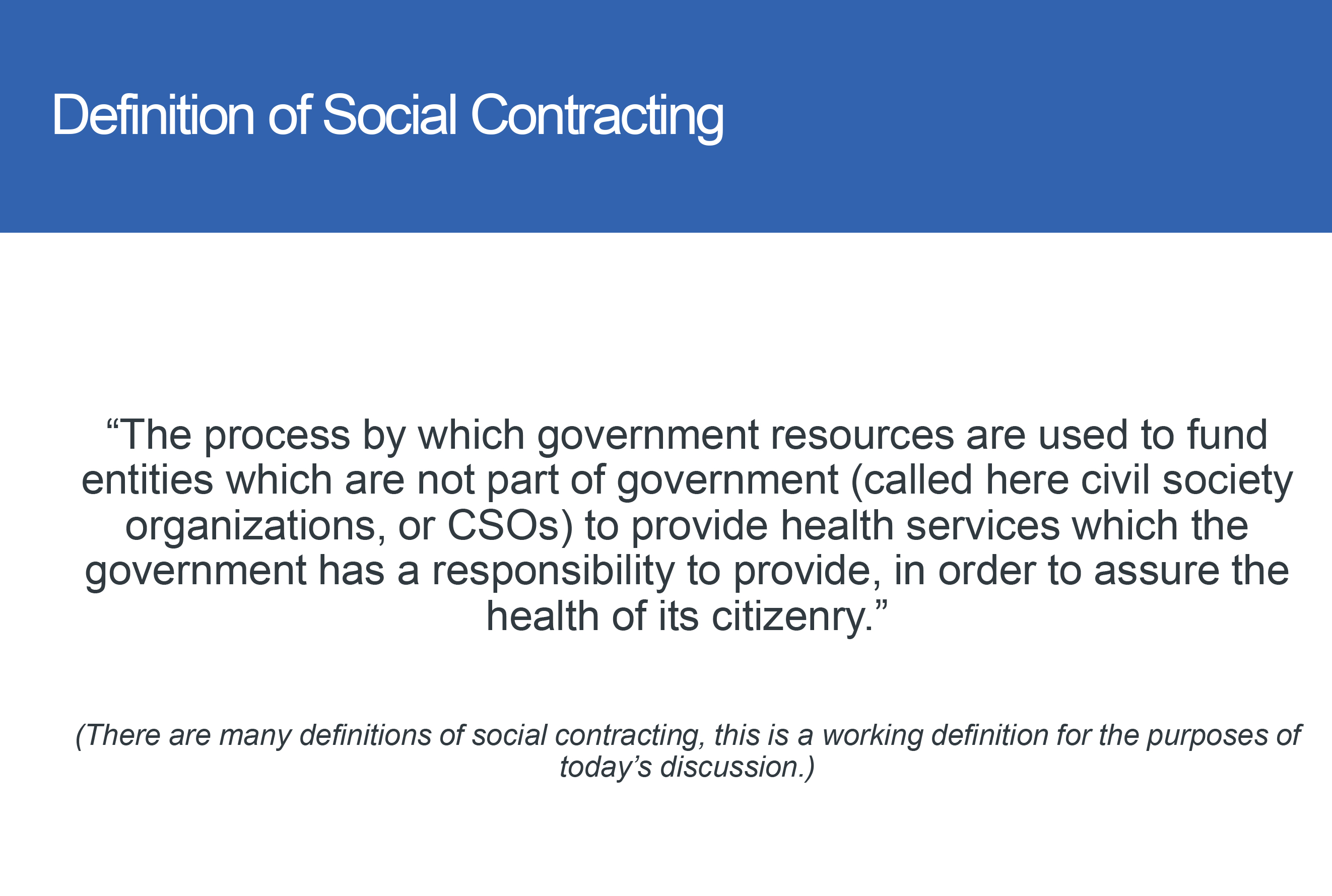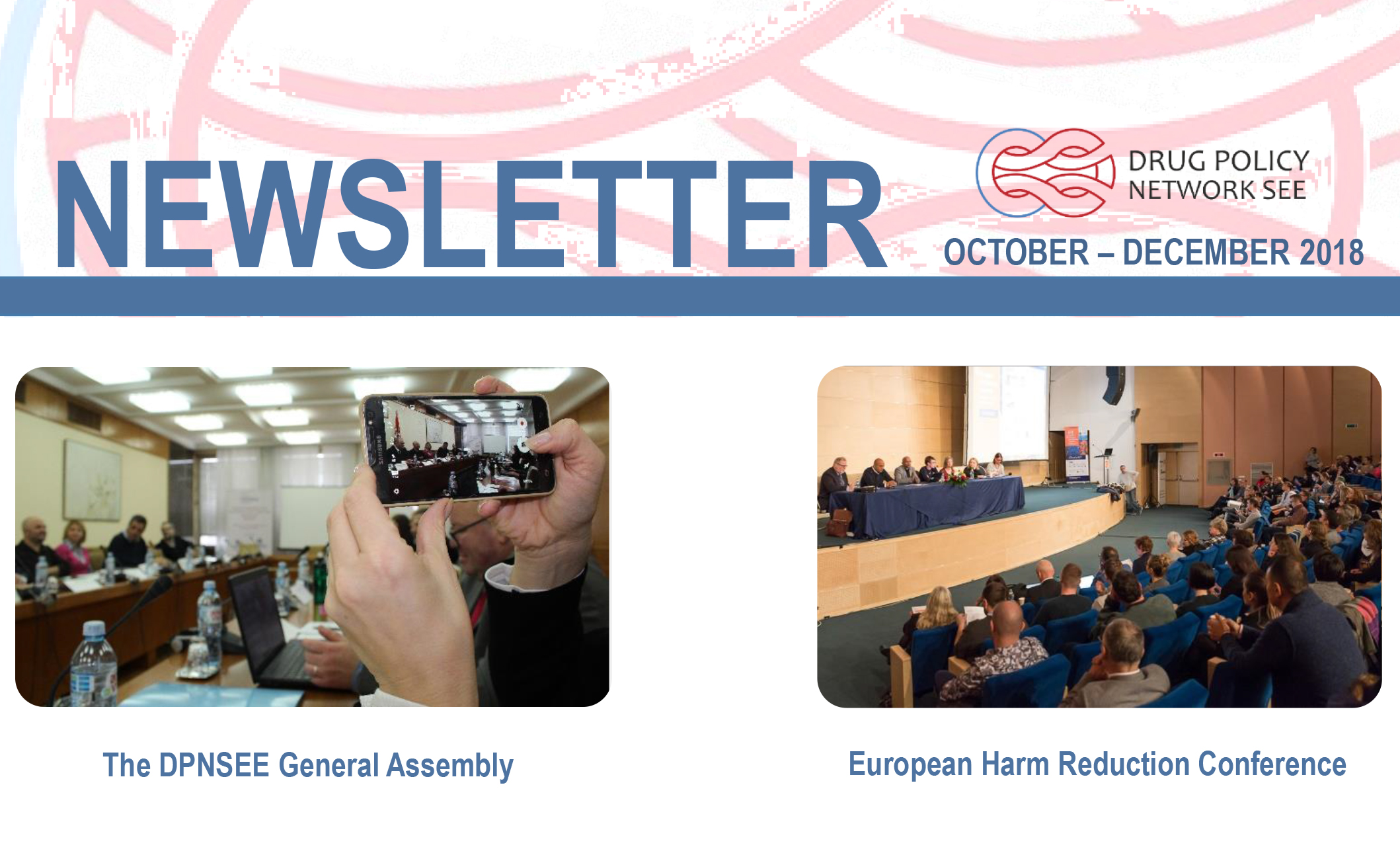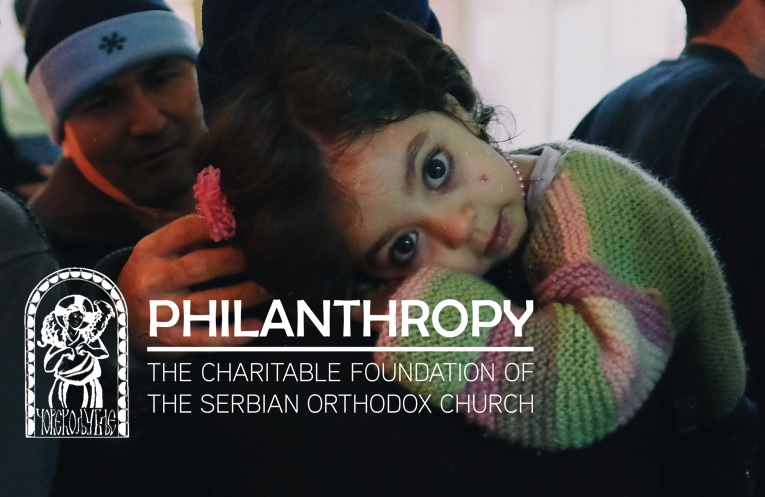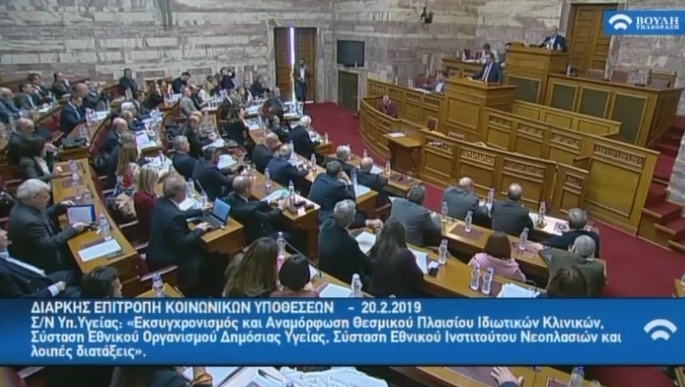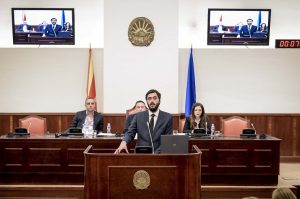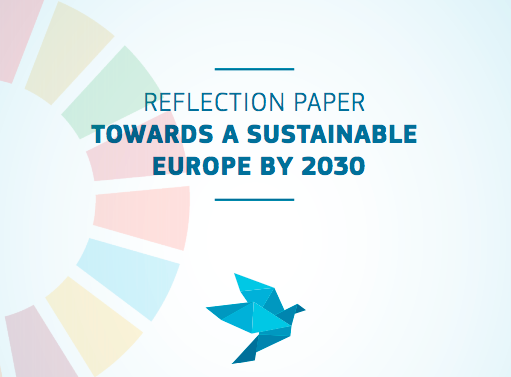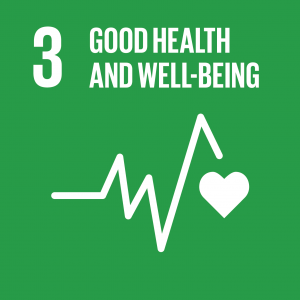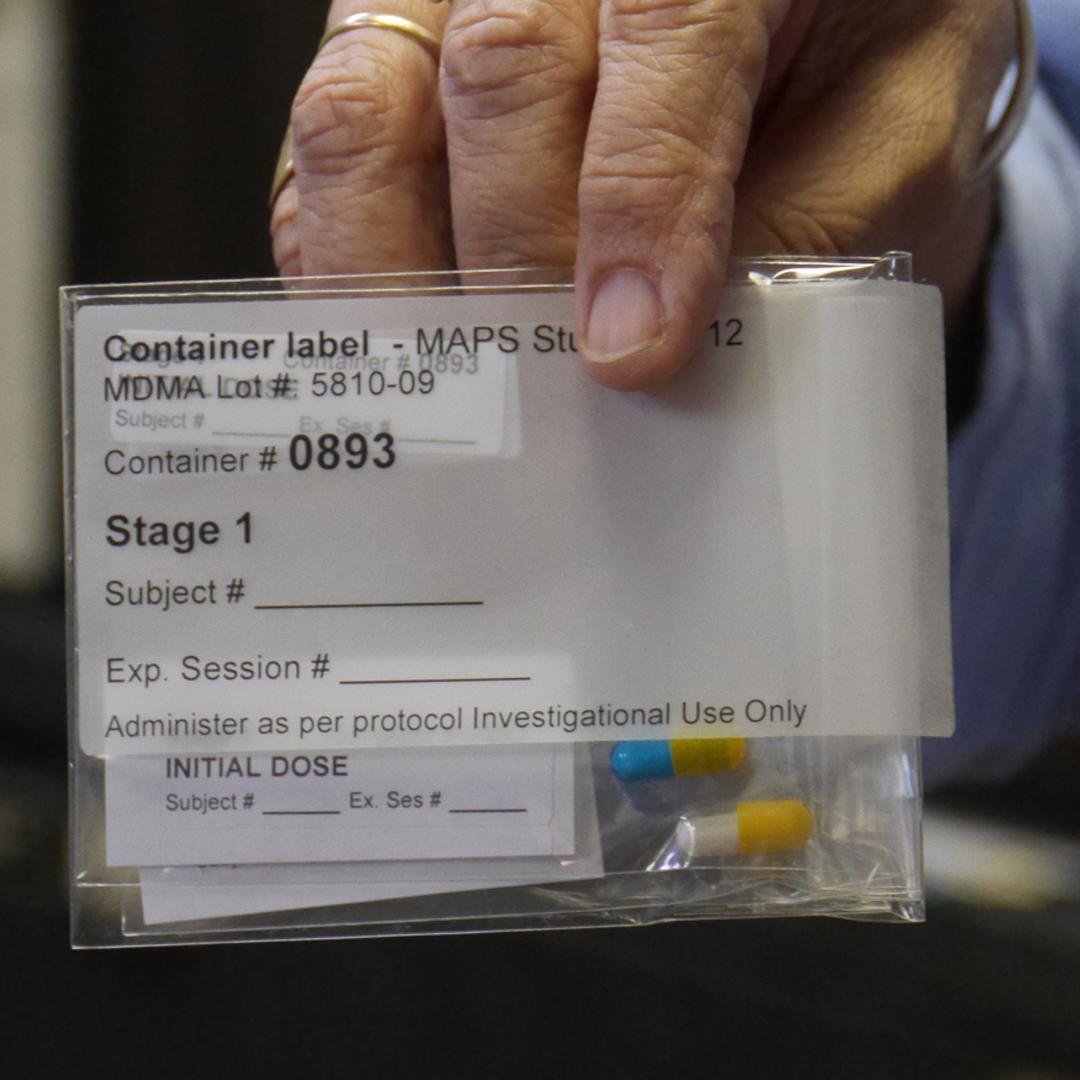Recreational use of MDMA, also known as ecstasy, is forbidden in Israel where the drug is considered dangerous. But, as the local media report, a trial treatment may soon change that MDMA, popularly known as ecstasy, is a drug more commonly associated with raves and nightclubs than a therapist’s office.
By flooding the central nervous system with serotonin, MDMA produces strong feelings of euphoria, which can last over eight hours. It is considered a popular party drug because it keeps revellers awake and energetic. Emerging research has shown promising results in using this “party drug” to treat patients suffering from posttraumatic stress disorder, and Israel’s Health Ministry has just approved the use of MDMA to treat dozens of patients.
As all around the world, MDMA is classified in Israel as a “dangerous drug”, recreational use is illegal, and therapeutic use of MDMA has yet to be formally approved and is still in clinical trials. However, this treatment is deemed as “compassionate use,” which allows drugs that are still in development to be made available to patients outside of a clinical trial due to the lack of effective alternatives.
MDMA will be administered to about 50 patients in the approved program who have been diagnosed with posttraumatic stress disorder in the course of psychiatric treatment. In three out of 15 planned sessions, patients will be administered MDMA by specially trained staff at one of four hospitals around the country.
The decision to proceed with the program follows extensive investigative work by the Health Ministry, which sent a representative for training in the United States who worked on a confidential basis through the California-based Multidisciplinary Association for Psychedelic Studies (MAPS). It’s possible that the Israeli Health Ministry could be two years ahead of global recognition of the treatment.
If matters proceed as planned, in 2021, the U.S. Food and Drug Administration will officially approve the treatment after deeming it a “breakthrough” therapy in 2017, a designation that puts it on a fast track to final approval.
To read full information follow this link>>>>
 Health Policy Plus also prepared a factsheet Social Contracting: Supporting Domestic Public Financing for Civil Society’s Role in the HIV Response from which you can learn more about social contracting and how it can support domestic public financing for civil society’s role in the HIV response. You can find the factsheet following this link >>>>
Health Policy Plus also prepared a factsheet Social Contracting: Supporting Domestic Public Financing for Civil Society’s Role in the HIV Response from which you can learn more about social contracting and how it can support domestic public financing for civil society’s role in the HIV response. You can find the factsheet following this link >>>>
